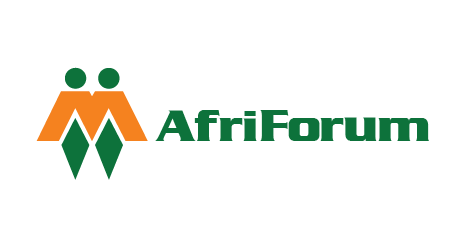The civil rights organisation AfriForum is going to assist four matric learners on Wednesday 9 December 2020 in an urgent court application in the Gauteng Division of the High Court in Pretoria to reverse the decision by Angie Motshekga, minister of basic education, that the two exams where question papers were allegedly leaked should be rewritten by all matrics involved.
This follows after Motshekga announced on 4 December that matrics had to rewrite the final exam in Mathematics II as well as Physical Science II. AfriForum and the four matrics affected are the applicants in the case. This decision by the minister was made without any representative body of matric learners being consulted in this regard.
During the weekend it also became known that the minister based her decision on an interim report according to which about 195 learners had seen the question papers and that most of the learners who had gained access to the papers are members of a WhatsApp group of top achievers selected by the department itself for preferential treatment and support.
According to Natasha Venter, adviser for education rights at AfriForum, the civil rights organisation is going to oppose this decision because it would unfairly disadvantage approximately 400 000 matrics who took the exam in an honest manner. “The department should focus on bringing to book the guilty persons who acted dishonestly by using the leaked papers and making them available.”
The department’s own regulations provide that if any irregularity did not result from the actions of the candidate sitting for the exam and if the candidate did not gain any benefit from it, the examination answer paper must be marked and the result must be made known.
Venter also believes that there are ways and means to determine what learners did indeed gain unfair benefit from the leaked question papers and that the department should focus on such investigations rather than disadvantaging other learners. “Research has shown that learners’ marks in final examinations can be determined with 93% accuracy by studying their preceding marks.
“We cannot allow Motshekga and her department to disadvantage learners who have worked hard throughout their entire school career – and this because the department’s systems were inadequate in the first place to prevent question papers being leaked. There are other, better ways to ensure the integrity of the exam,” Venter concludes.


